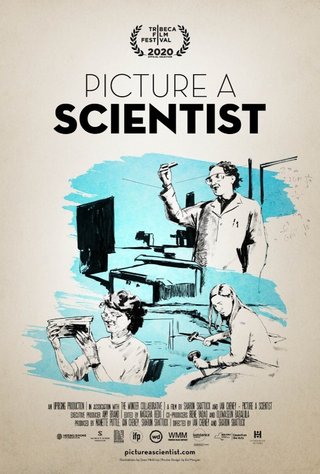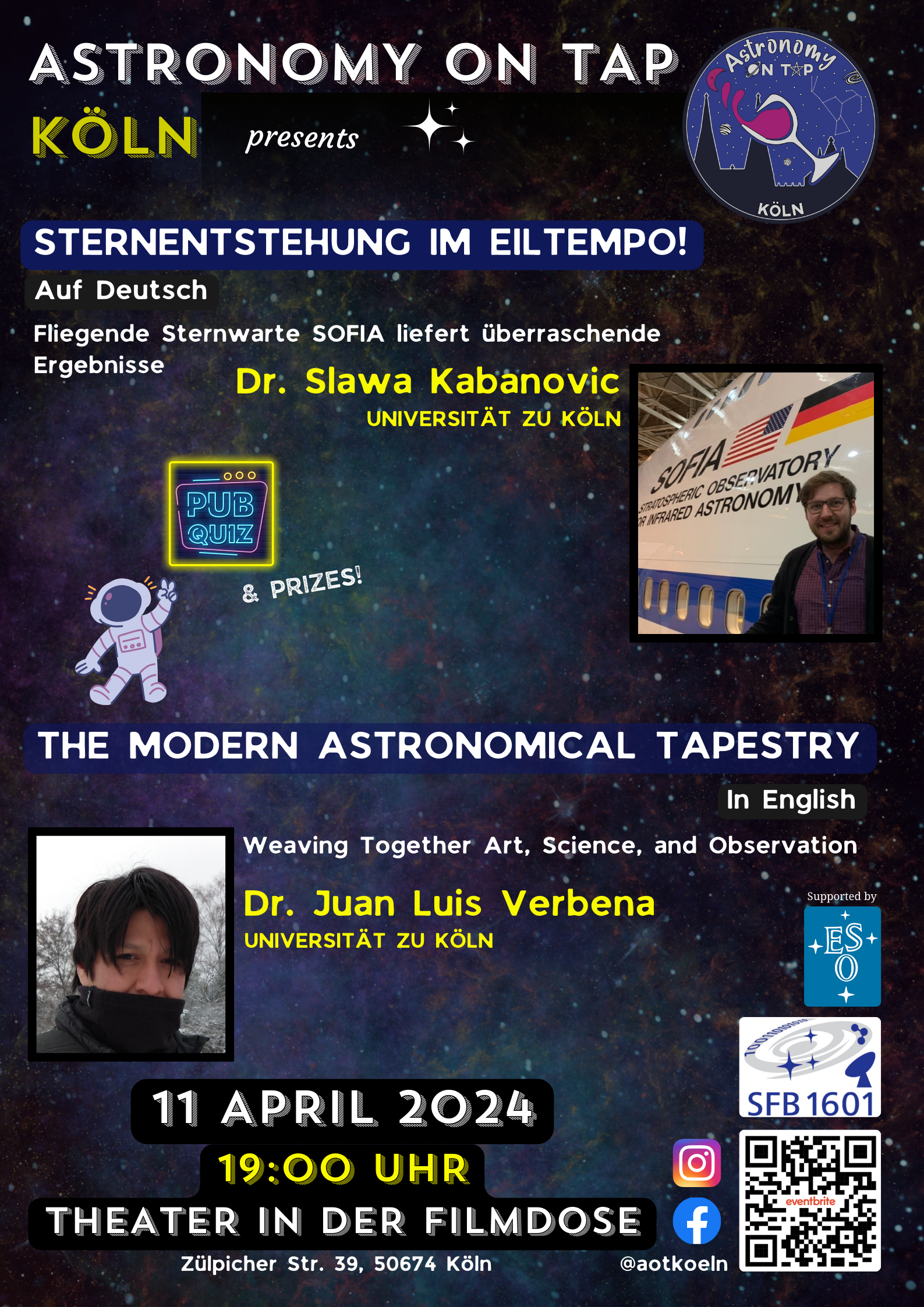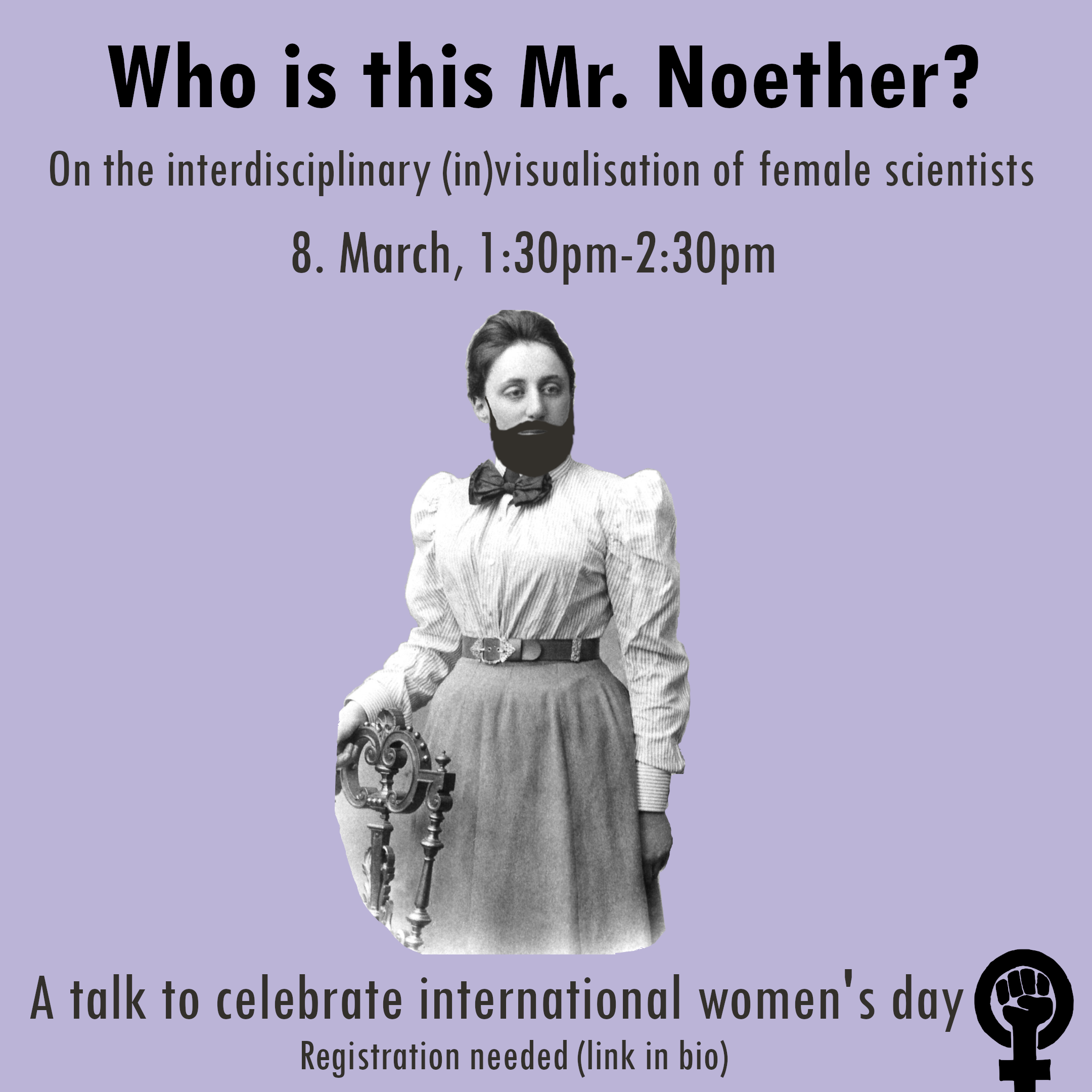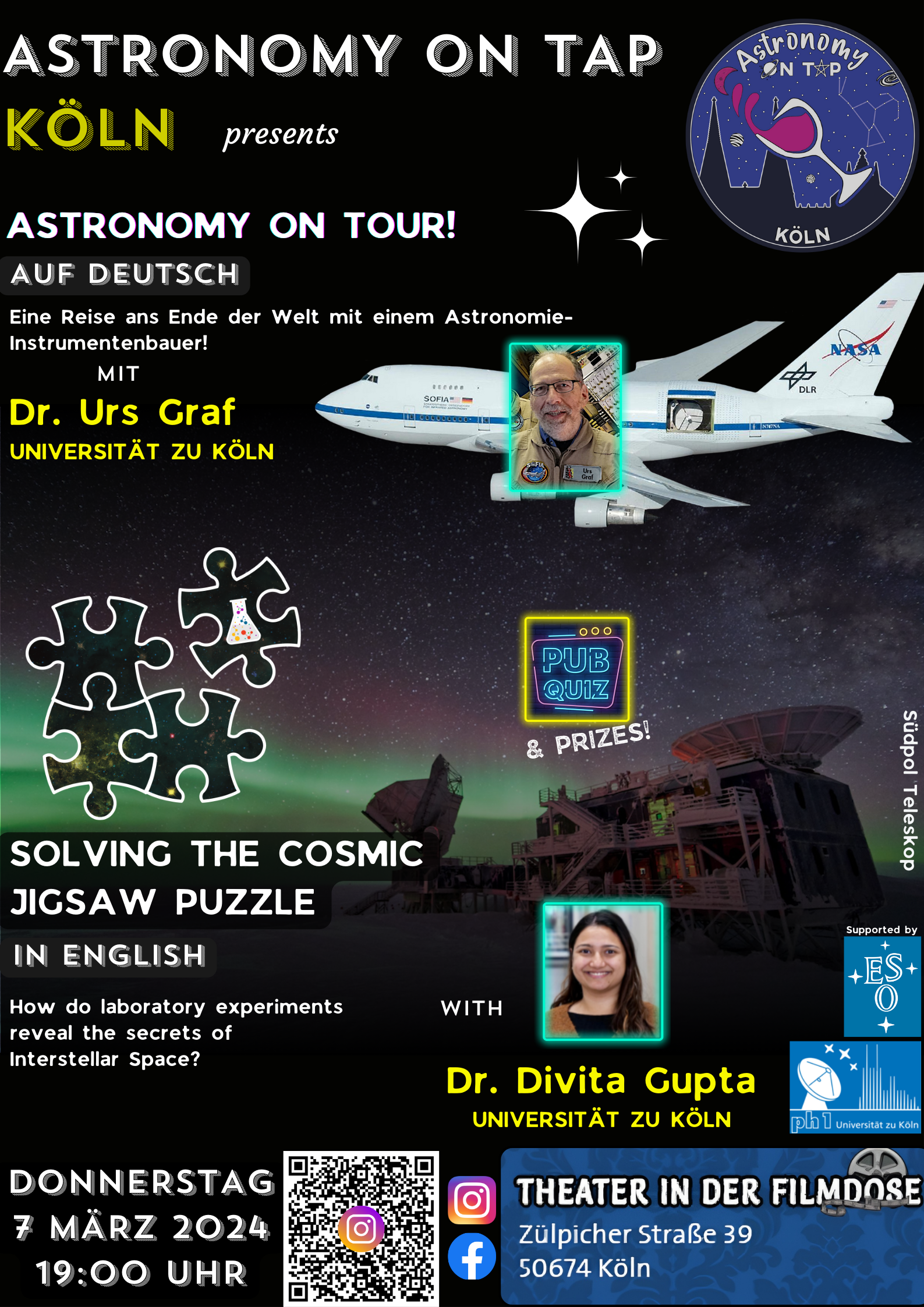Mehr Leben an der Uni! // More Life at the University
| Die im Januar abgewendete Schließung des Café Chaos hat uns zum Nachdenken angeregt und ist ein Ausdruck einer problematischen Gesamtentwicklung: Auch wenn es in einigen Bereichen erfreuliche Gegenentwicklungen gibt, wird die Uni insgesamt immer mehr zu einem durchprofessionalisierten Lernsilo statt Lebensraum und Wirkungsstätte ihrer Mitglieder zu sein. Der Corona-Lockdown, aus dem große Bereiche der Uni immer noch nicht vollständig zurück sind, hat diese Tendenz zur Geisteruni beschleunigt. Dieses Problem spiegelt sich auch in der katastrophalen Wahlbeteiligung der jüngsten Wahl wider und in den Umfragen zu Mental Health, die regelmäßig massive psychische Probleme vor allem auf Grund von Leistungsdruck, Einsamkeit und Geldproblemen aufzeigen. |
The closure of the Café Chaos, which was averted in January, has given us food for thought and is an expression of a problematic overall development: Even though there are pleasing counter-developments in some areas, the university is increasingly becoming a professionalized learning silo instead of being a living space and place of action for its members. The Corona lockdown, from which large areas of the university have not yet fully returned, has accelerated this tendency towards a ghost university. This problem is also reflected in the catastrophic voter turnout in the most recent election and in the mental health surveys, which regularly reveal massive psychological problems, especially due to performance pressure, loneliness and money problems. |
…
Mehr Leben an der Uni! // More Life at the UniversityWeiterlesen »



